Boxing is largely ignored by mainstream media in the U.S. these days, and when it does manage to earn coverage from non fight-specific media, it’s usually to highlight its problems.
If you’ve been a boxing fan for any length of time, you’ve undoubtedly had to listen to friends and family members say the sport is dead. They used to be fans, they’ll often tell you but are now lapsed. Their reasons are as varied as their personalities, but they can be boiled down to five primary complaints:
- The fights they want to see aren’t made regularly enough, or quickly enough.
- Boxers only fight for the money.
- There is a sense of corruption within the sport and there is a widely held view that many fights are fixed.
- Judging and refereeing is perceived to be poor and favors the more well-known or well-connected boxers.
- The quality of the athletes has diminished.
There are other complaints, but those five are the ones you’ll hear most often.
These lapsed fans would have you believe that the fighters were better then, the sport was purer, the best always fought the best, there was no corruption and boxers competed because the title belts meant everything to them.
Guess what, though?
Those complaints have always been made about boxing.
I was surfing YouTube the other day and came across a fantastic channel that had vintage boxing broadcasts, FightFilmsGuy.
And in surfing the channel and watching some of the content, I stumbled across an interview that former heavyweight champion Rocky Marciano did with WFLD TV in Chicago on the day before he died on Aug. 31, 1969.
Just a minute or so into the interview, Marciano was asked a question that floored me.
“Rocky, when you started up the ladder, boxing was not tainted,” the interviewer began. “Boxing was a legitimate, highly respected sport. You great athletes came into boxing … because you were hungry, apparently. What caused the demise of the indecency of boxing and certainly today, while I’ll not just it as being indecent, it certainly is not an acceptable form of sport like it used to be. Why is that?”
This interview was done Aug. 30, 1969. Muhammad Ali was still banned from boxing because of his refusal to be inducted into the military service. A 20-year-old George Foreman had raised his record to 4-0 when he knocked out Chuck Wepner two weeks earlier. Richard Nixon was in his first term as president, and Watergate had yet to enter the lexicon.
Marciano did not disagree with the premise of the question. He did not stop the interview and say, “What are you talking about? Boxing is in great shape now.”
Rather, he addressed the question thoughtfully and echoed points that fans still moan about today.
“Well, I think it’s because boxing has become a money game,” Marciano said. “It’s very, very commercial. The fighters today only think of what they’re going to earn. They don’t have the competitive spirit any more. They’ve lost the boyish enthusiasm of what was once a great sport, really.
“They lost that college spirit. Today, it’s how much can I make and who can I fight. I don’t want to fight him because he’s too good and I won’t make enough money. I’d rather fight this fellow, because he’s a bigger drawing card and I’ll make more money and he’s less of a risk.”
You could take that last part and it would fit perfectly into so many of the stories written about boxing now.
Now, part of it is not surprising. Members of a prior generation often believes theirs was the best, regardless of whether we’re talking boxing, tap dancing or throwing a football. It’s human nature.
And the comment about fighters competing for money is now and always has been silly. Boxing is one of the few sports where you literally risk your life. There has only been one death on the field in an NFL game, and that came when Detroit wide receiver Chuck Hughes had a heart attack during an Oct. 24, 1971, game against the Bills. There was one on-field death in an NHL game and that’s it for deaths on the field in major North American team sports.
Boxing hasn’t been as lucky and scores of fighters have died as a result of injuries suffered in the ring. So of course fighters are competing for the money. Most of them come from less socioeconomic backgrounds and need the money to support their families.
The interviewer followed up Marciano’s comment on fighters being motivated primarily by money rather than glory — Glory doesn’t pay the rent or buy the groceries, we know — by asking if boxing “will stay at this low ebb, this low state of acceptance?”
Marciano said he thought it would and said the sport needed what he referred to as a “boxing czar” what the commissioners of the NFL, MLB and NBA had done for their sports.
“I’ve always said we need a boxing czar, a boxing commissioner, who could straighten out these problems like football has done, like baseball has done, like basketball,” Marciano said. “Every sport has prospered; every sport has progressed. But boxing … Boxing is still in the same bad shape as it was 10 years ago and I don’t see any improvement at all.”
What this tells us is that we need not look to the past as we attempt to solve boxing’s problems, but instead turn to the future.
There is vastly more outlets for would-be athletes now; soccer was not a thing for most Americans in 1969, when Marciano was interviewed, but it’s hugely popular now. It would be more than 24 years before UFC 1 was held and more than 40 years before mixed martial arts became a multi-billion dollar industry. NBA playoff games were on tape delay after the 11 p.m. news in 1969; the NBA is a massive entity now.
The NBA got lucky with the arrival of Michael Jordan, Larry Bird and Magic Johnson, but it went out and marketed them vigorously. The PGA Tour did the same thing with its “These guys are good,” campaign. You just don’t see that in boxing, sadly. Why not an organized push to share the greatness of an Oleksandr Usyk, a Naoya Inoue and/or a Terence Crawford?
Crawford survived a gunshot to the head. He has traveled to Africa on a mission to provide clean water for those who do not have it. And he became the first man in the four-belt era to win undisputed titles in two weight classes. Why not a marketing campaign on that guy?
The UFC promotes MMA globally and employs hundreds to push its product. Its UFC Fight Pass streaming service helps fans learn its history and fall in love with its stars. It promotes all of the fighters on a card and should be an example for how boxing tries to remake itself.
Thus, those with a vested interest in boxing need to:
- Find ways to lure better athletes to it.
- Promote it better.
- Make it more appealing for broadcast entities.
- Invest in and embrace with open arms safety measures.
- Improve training for judges and referees.
- Ensure fairness in the ratings, which are used to determine title challengers.
- Commit to 50-50 matches as often as possible.
It’s a tough nut to crack, as Marciano’s comments were made more than 55 years ago. Little has changed but the names of the players since then.
It won’t improve by doing the same thing that’s been done for years while somehow expecting things magically to change for the better.
Doing nothing, though, will just lead to an interview with a champion of today surfacing 55 years from now making the same points Marciano did in 1969.

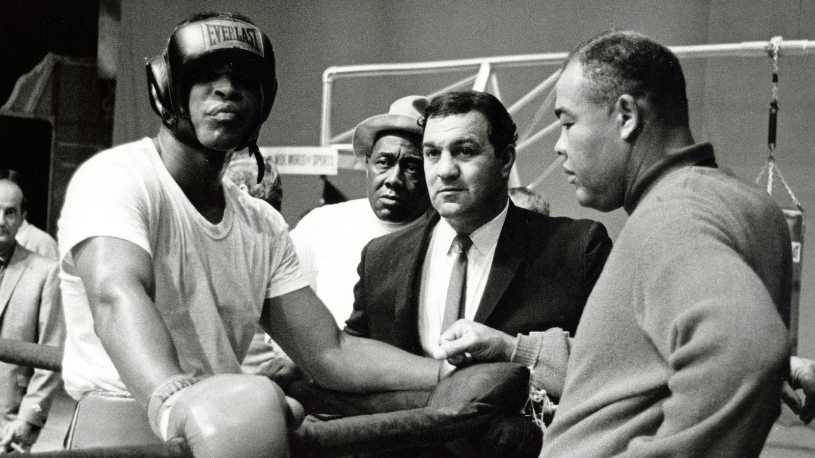




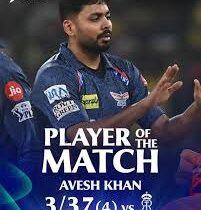
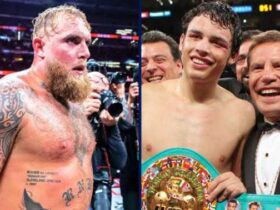

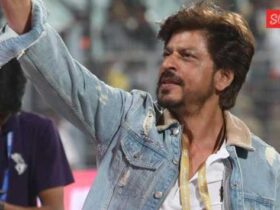
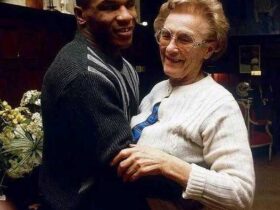
Leave a Reply